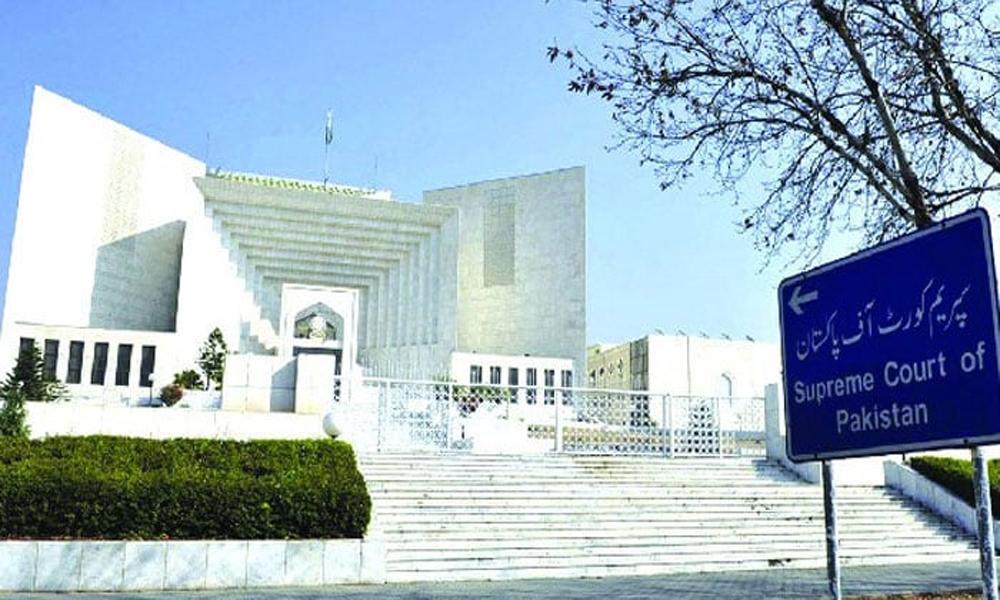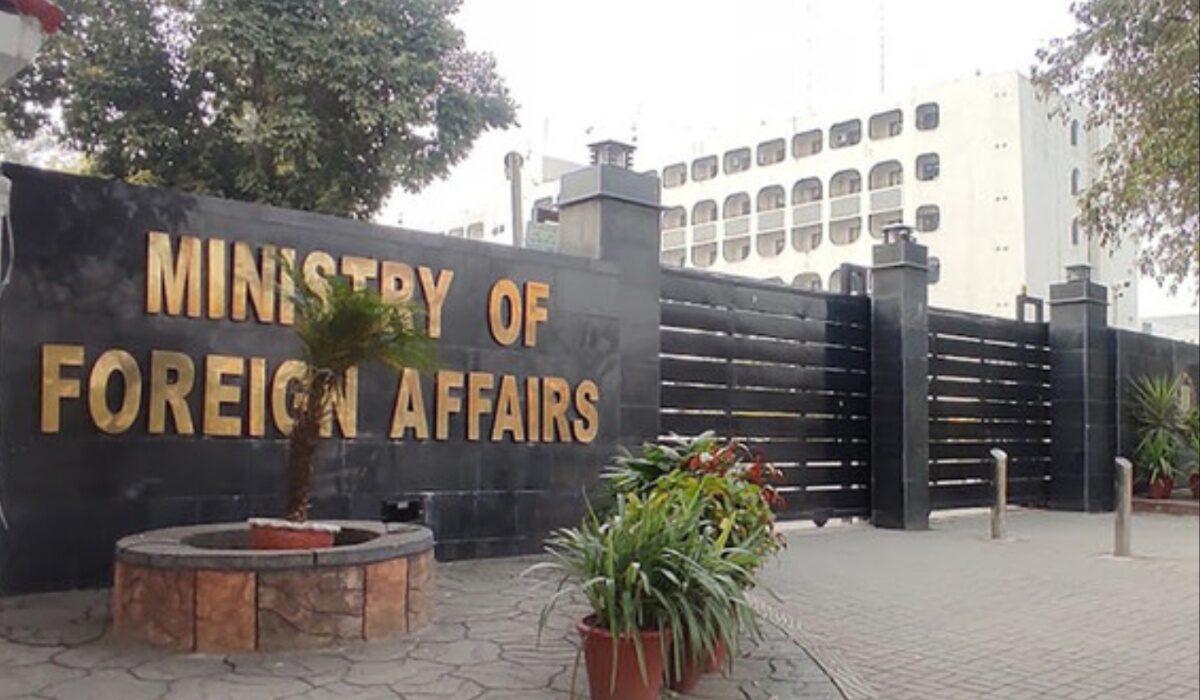Bench adjourned further hearings till tomorrow


Islamabad: During the hearing of appeals against trials of civilians in military courts, the constitutional bench raised the question of why there was no trial in a military court despite the existence of nexus and the Army Act at the time of the APS attack. Why did the Constitution have to be amended to try terrorists in a military court?
The constitutional bench of the Supreme Court, headed by Justice Aminuddin, heard an intra-court appeal against the decision to trial civilians in military courts, in which the lawyer of the Ministry of Defense, Khawaja Haris, gave arguments.
While giving arguments, Haris said that the nature of the crime determines where the trial will take place. If the crime of a civilian is related to the armed forces, the trial will go to a military court. Justice Jamal Mandokhel stated that we can also look at the intention of the perpetrator if it was against the interest of the country.
Justice Jamal added that a question was asked why the case of the attack on GHQ, and attack on airbase Karachi did not go to military courts. The answer to this question is in the decision of the 21st Constitutional Amendment. To which the lawyer of the Ministry of Defense replied that the details of the attack on GHQ, airbase attack, attack on the army, and attacks on places of worship are mentioned in the 21st Amendment case.
The lawyer of the Ministry of Defense added that if there is a nexus of crime under the Army Act, there will be a military trial, which is a crime under the Army Act. Justice Mandokhel asked what is meant by the nexus of crime. Khawaja Haris replied that the nexus means that the crime is related to the Army Act. Justice Mandokhel asked whether the intention of the perpetrator of the crime will also be seen along with the nexus.
Justice Aminuddin stated that the accused can take the defense of not having the intention to commit the crime in the military trial. Justice Mandokhel added that the accused can say that he did not intend to commit this crime.
Justice Muhammad Ali Mazhar remarked that the intention can be assessed during the trial. On this occasion, the lawyer of the Ministry of Defense said that if the crime is related to the Army Act, then the trial will be conducted by a military court.
Justice Jamal asked whether there was a nexus in the Army Public School tragedy. To this, Khawaja Haris replied that there was a nexus at all at the time of the APS attack. One nexus or connection is with a military officer, the other is with a crime related to the army.
Justice Jamal Mandokhel said that despite the existence of nexus and the Army Act at the time of the APS attack, why was there no trial in a military court? Why did the Constitution have to be amended to try terrorists in a military court? To this, the defense ministry’s lawyer replied that the amendment included many crimes beyond discipline and performance of duties.
Justice Mandokhel asked where the trial of terrorist acts in the name of a terrorist group or religion will be held. The defense ministry’s lawyer replied that under the Army Act, the trial of terrorist acts in the name of a terrorist group or religion will be held in a military court. Even without a constitutional amendment, such crimes can be tried in the common courts.
Later, the constitutional bench adjourned further hearings till tomorrow after the court time expired.

Baseus’ retractable, 6-in-1 travel adapter is on sale for its lowest price to date
- 4 hours ago

Why the western US is running out of water, in one chart
- 2 hours ago

Mastodon is testing easier ways to get you started in the fediverse
- 4 hours ago
T20 WC: Match between Pakistan, New Zealand cancelled because of rain
- 14 hours ago

The Supreme Court just blew up Trump’s foreign policy
- 2 hours ago
Pezeshkian says Iran will not bow to pressure amid US nuclear talks
- 12 hours ago
Pakistan, US desire to enhance economic cooperation
- 12 hours ago
England captain Brook says a ‘shame’ if Pakistan players snubbed for Hundred competition
- 11 hours ago
'Special': Cunningham makes MVP case vs. Knicks
- 16 hours ago

Abxylute’s new Switch 2 controller prototype has one big problem
- 4 hours ago
Altidore joins Westbrook in OKC for Soccer group
- 16 hours ago
CTD arrests female suicide bomber in Dera Ismail Khan
- 12 hours ago









